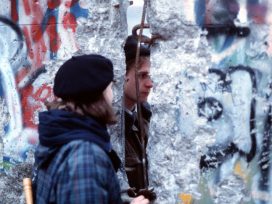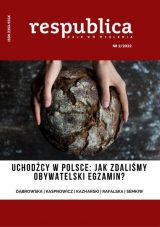
With the fall of the Berlin Wall, the unification of Germany, and the EU’s enlargement, the East-West divide has lost its meaning. Moreover, post-communist countries have been more vigilant in keeping their accounts in order than many of their western European partners. So why not put the ghosts of communism to rest and build a united Europe?

